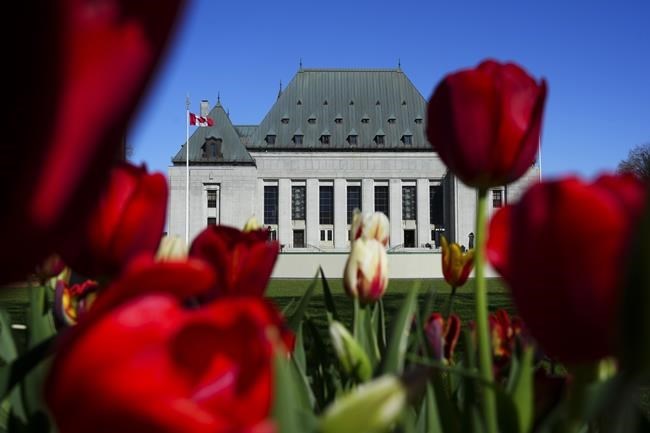OTTAWA — The zoning of a St. John's, N.L., property as a watershed area should guide the process of compensating the owners for expropriation of the land, the Supreme Court of Canada has ruled.
In a 7-0 decision Friday, the top court said compensation should be assessed based on the limited uses allowed by the zoning, not as if a housing development could have proceeded.
Groundwater from the watershed drains toward the Broad Cove River, which is used by St. John's for the city water supply.
A formal application by the owners to develop the property was rejected in 2013, and a court declared this amounted to constructive expropriation, opening the door to compensation.
The issue of how compensation should be determined wound its way through the Newfoundland and Labrador courts, leading to an appeal to the Supreme Court of Canada by the City of St. John's.
The Supreme Court said an authority cannot freeze a property's development in anticipation of the need to acquire the land, effectively reducing the property's value in order to reduce the compensation payable.
It said that when determining a regulation's effect on property value, the key question is whether the enactment was made with a view to the expropriation or, conversely, was an independent decision.
Writing on behalf of the high court, Justice Sheilah Martin said the watershed zoning was an independent enactment, and the market value assessment of the property must take into account that the land is limited to discretionary agriculture, forestry and public utility uses.
To ignore the watershed zoning would be to award the owners a "significant windfall," Martin wrote.
"It would compensate them for something they never would have had absent the expropriation: unencumbered land to develop residential housing."
This report by The Canadian Press was first published May 10, 2024.
Jim Bronskill, The Canadian Press

